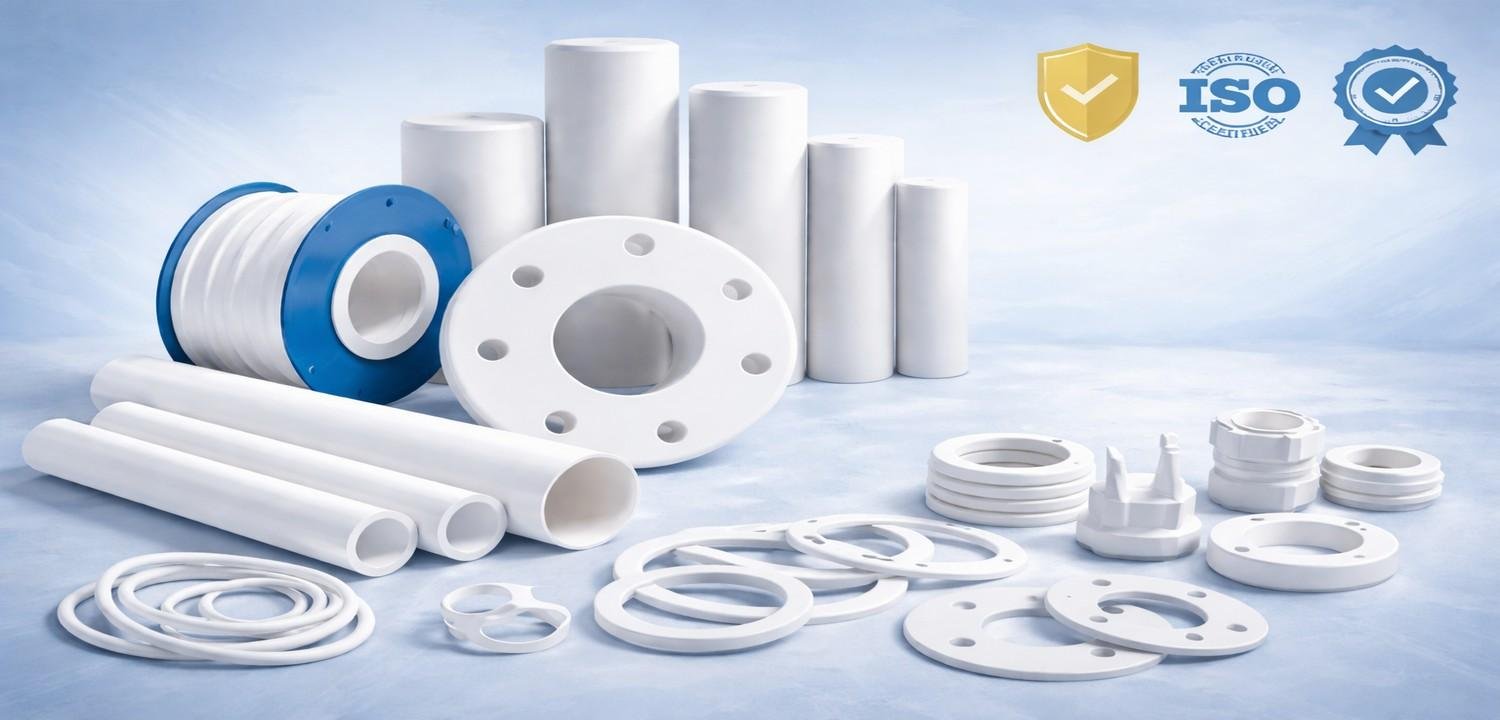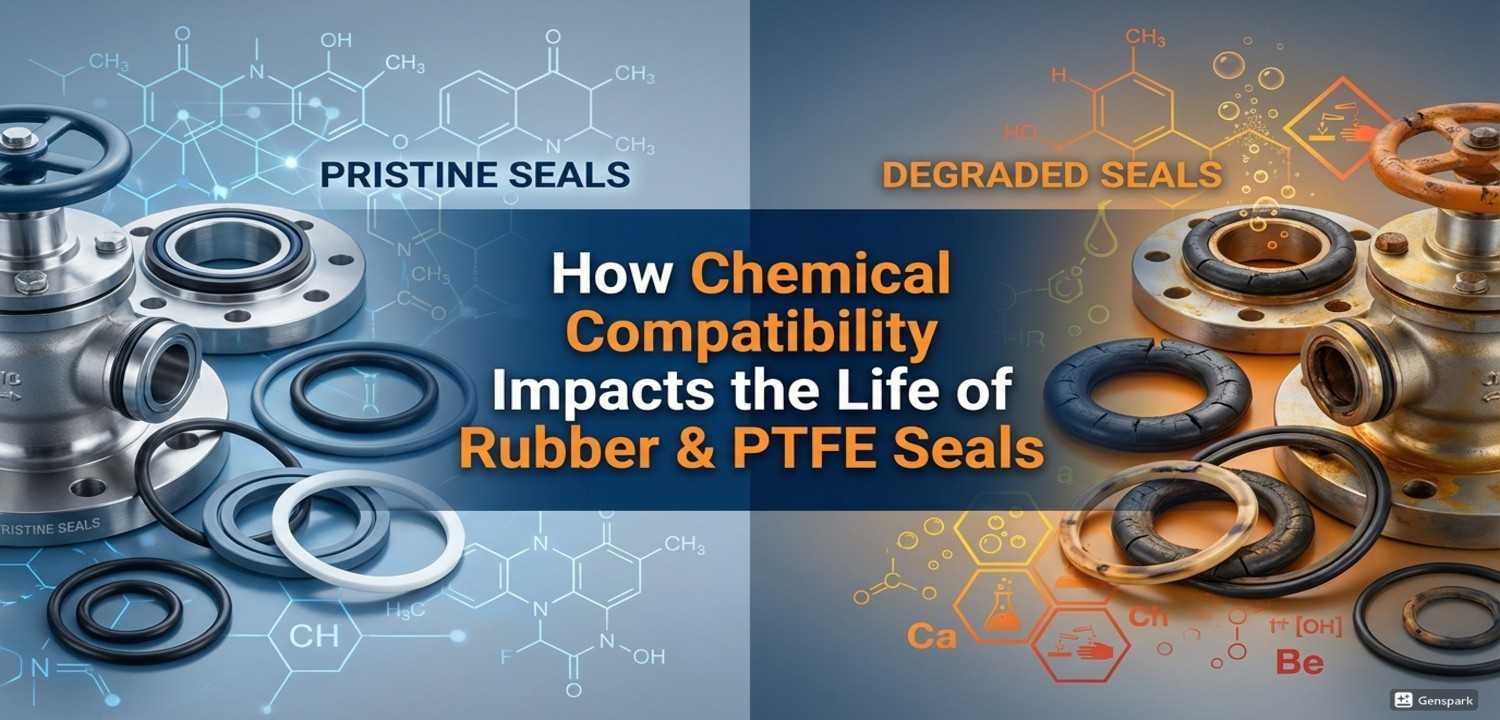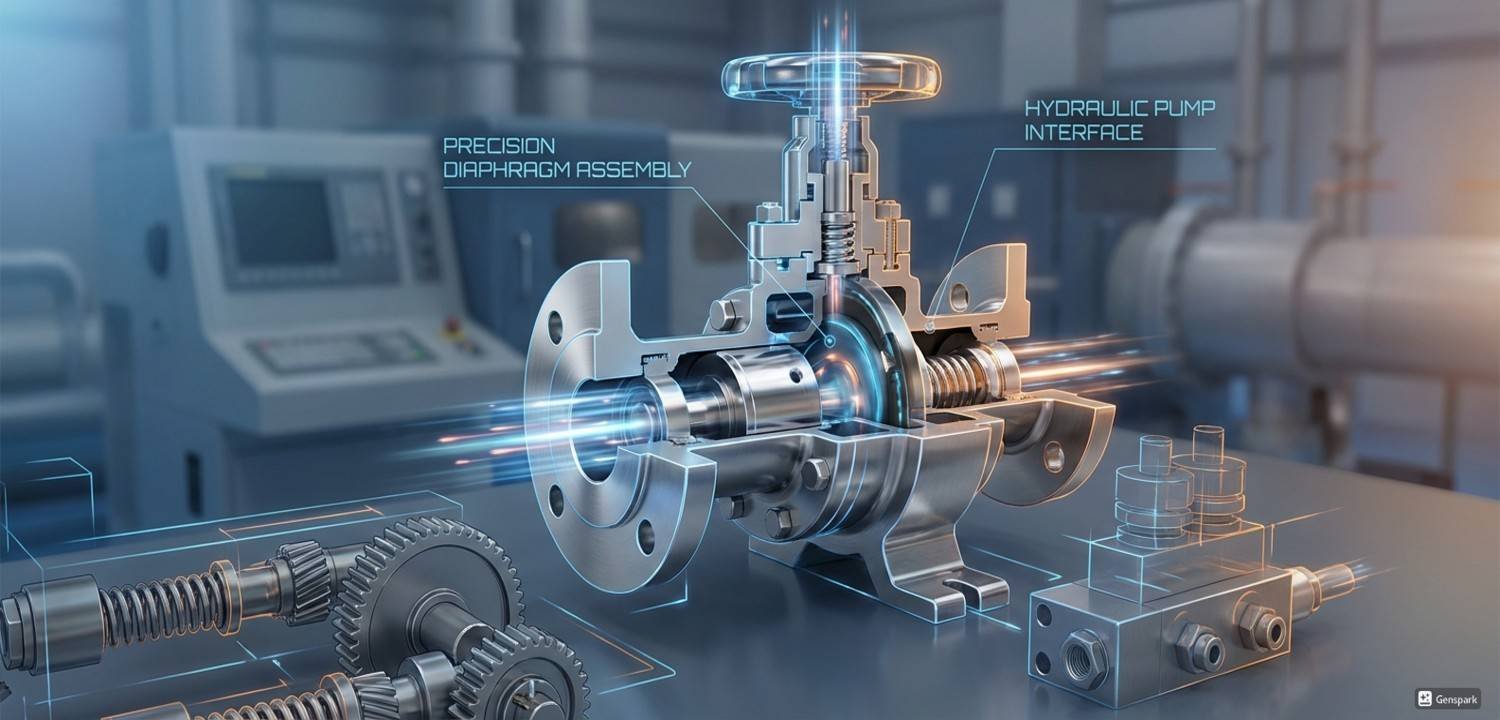Posted On 13 February, 2026 By Arvico Rubber Leave a Comment Export Quality...
Read MoreOur Blogs
How Chemical Compatibility Impacts the Life of Rubber & PTFE Seals
Posted On 13 February, 2026 By Arvico Rubber Leave a Comment What Engineers...
Read MoreWhat Engineers Must Consider When Designing Diaphragms for Valves and Pumps
Posted On 12 February, 2026 By Arvico Rubber Leave a Comment What Engineers...
Read More



